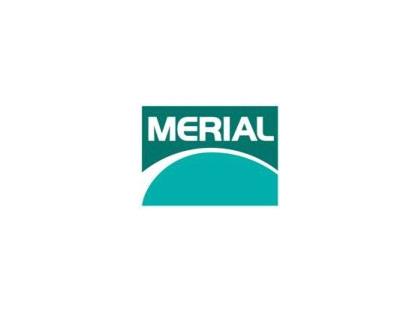The ABCs of FECTs- Fecal Egg Test Counts
“Fecal egg count tests allow veterinarians to determine a tailored deworming schedule for each horse and to detect resistance on farms,” says Hoyt Cheramie, DVM, MS, DACVS, Manager, Merial Large Animal Veterinary Services. “Horse owners should work with their veterinarians to ensure that fecal egg count tests are properly conducted by independent, reputable laboratories.”
An FECT measures the number of strongyle eggs a horse is passing in each gram of its manure.2 When you send a sample to your veterinarian, you get back a number followed by EPG (eggs per gram), which will tell you whether your horse is a high (more than 500 EPG), medium (200-500 EPG) or low (less than 200 EPG) shedder. FECTs are utilized to help classify horses by the level of shedding.2 When performed properly, FECTs can help determine appropriate treatment protocols. 2
After the first FECT, your veterinarian will ask that you deworm your horse and take a second FECT – known as a fecal egg count reduction test (FECRT) – two weeks later.2 If the egg count number has not dropped significantly from the first test, the worms on the farm may be resistant to that dewormer’s active ingredient. 2
FECTs can easily be misinterpreted if samples are collected, handled or analyzed improperly. A few guidelines from the American Association of Equine Practitioners:
- Keep samples in containers or plastic bags that are airtight and won’t leak – anaerobic conditions will prevent eggs from hatching and developing.2
- Gather samples as soon as possible and refrigerate immediately – after 12 hours, the sample may be compromised.2
- Ensure your veterinarian preforms the FECT within seven days of collection.2
- Do not freeze fecal samples.2
- Do not use diarrhea for samples – the horse should have normal feces before an FECT is done.2
It’s important to note that fecal egg counts only test for strongyles, they don’t detect for tapeworms.2 Horses should be treated for tapeworms at least once a year, in the fall, to protect the animal and diminish transmission onto the pasture.2
“Strategic deworming programs should be developed with veterinary guidance,” says Cheramie. “There is no one-size-fits-all program.”
Strategic deworming programs often result in less deworming, which makes your choice of deworming products even more important. ZIMECTERIN® Gold (ivermectin and praziquantel) controls more species and stages of equine parasites – including the tapeworm Anoplocephala perfoliata – than any other brand.3,4
More information about effective deworming strategies and ZIMECTERIN Gold can be found at www.rethinkdeworming.com.
About Merial
Merial is a world-leading, innovation-driven animal health company, providing a comprehensive range of products to enhance the health and well-being of a wide range of animals. Merial employs 6,100 people and operates in more than 150 countries worldwide with over €2 billion of sales in 2014.
Merial is a Sanofi company.
IMPORTANT SAFETY INFORMATION: Not for use in humans. Keep this and all drugs out of reach of children. In horses, there have been rare reports of swelling and irritation of the mouth, lips and tongue following administration of ZIMECTERIN Gold. These reactions have been transitory in nature. Do not use in other animal species as severe adverse reactions, including fatalities in dogs, may result.
®ZIMECTERIN is a registered trademark of Merial. ©2015 Merial, Inc., Duluth, GA. All rights reserved. EQUIZIM1508 (12/15)











